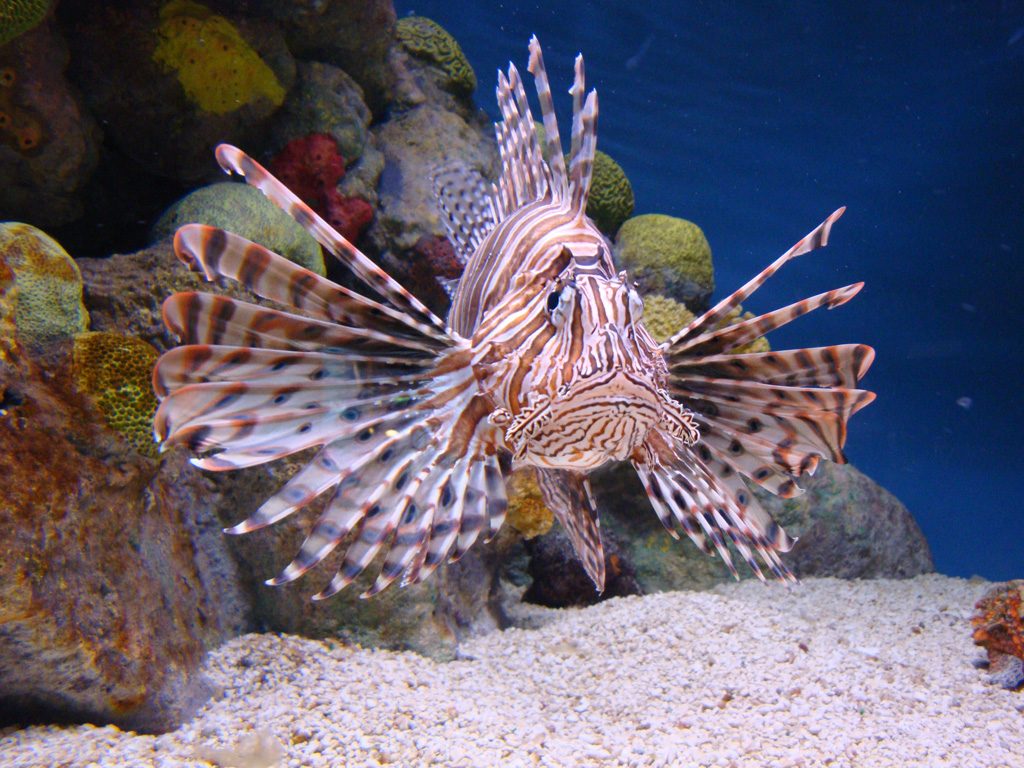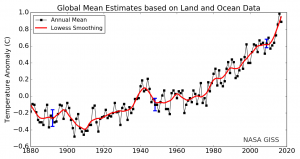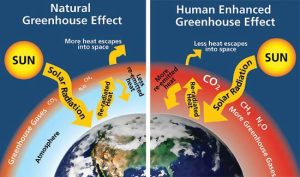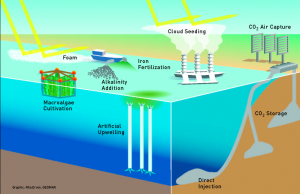I was insomniac for the last three months.
See, if the world is inevitably inhospitable for the humans in the next decade, why should I put so much effort on my college studies? I kept on being reminded in my class about how the doomsday is going to happen during my lifetime. No matter what I do, I probably can’t save my country in South East Asia from sinking due to the global sea level rise. Also, the future generation is going to suffer more, so why should I give birth to new ones? Why add to the population if the world can’t handle it? I felt so alone because I don’t think people close to me understand my concerns. I’m overwhelmed and depressed – and it’s all because of climate change.
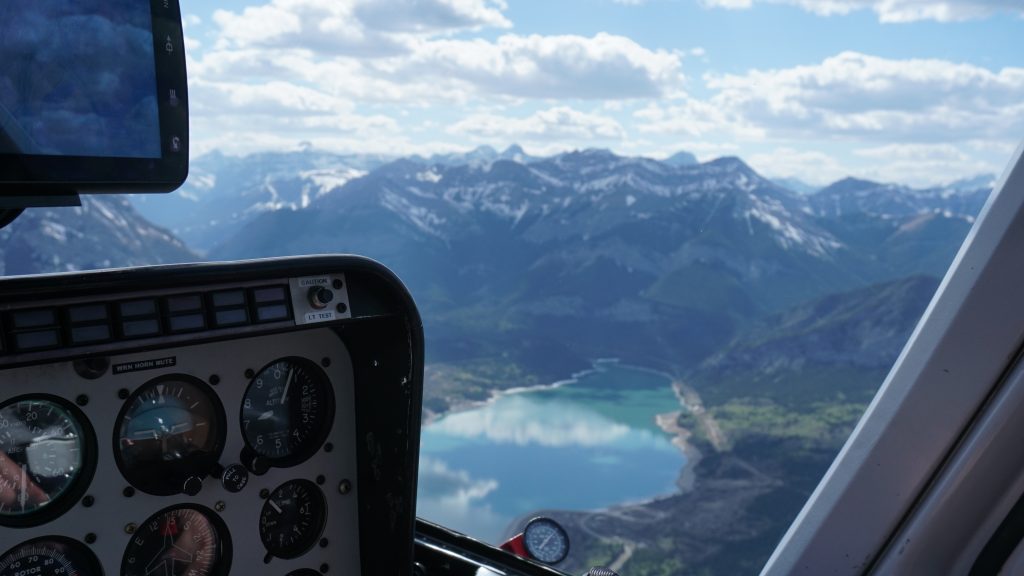
What if we lose all of this? (Image: Syakirah Zainal)
Many people are actually familiar with this feeling. There is even a scientific term being widely used to describe these blues.
It’s called eco-anxiety.
What is eco-anxiety?
Robert Gifford, a professor of Psychology in the University of Victoria described eco-anxiety as “a kind of fear what’s next.”
“The fear that nature is changing permanently or at least permanently within the lifetime of the people who are alive,” he said. “Fear for children.”
People who are experiencing this often feel alienated because we are not used to blaming climate change for our mental health problems. We have seen unfortunate individuals fleeing from civil wars caused by scarcity of natural resources in their areas. They lost their homes, families, and the ability to work. We can imagine them being stressed out and depressed. But what we don’t usually understand is, eco-anxiety affects fortunate people too, i.e., people in first-world countries with no war.
This is because the world is a complex network of systems. Whatever affects one system would definitely affect another; news of extinction of floras and faunas, and sufferings all over the world will reach us at least once in our lifetime. With more understanding of what it really is and personally experiencing it, we can’t help but worry if this problem is bigger than we thought.
Does that mean we should stop spreading climate news?
This is a worse option. Everyone needs to be educated to make an effective change. We must accept the reality of climate change, and we should also acknowledge the fear that comes with it. Kim Knowlton, a senior scientist from National Resources Defense Council perfectly summarised this in the video below:
https://www.youtube.com/watch?time_continue=91&v=gd4465GfAf4
I also started to find hope when I talk to others about this. Some may listen, some may take it with a grain a salt. But hey, at least they are hearing about it. We should always focus on hope. When the network for change is strong, we’ll have more impact on a cleaner environment. Getting involved is great because I can see that people care and I’m not doing this alone.
I know this. Because I sleep better now.
– Syakirah Zainal

